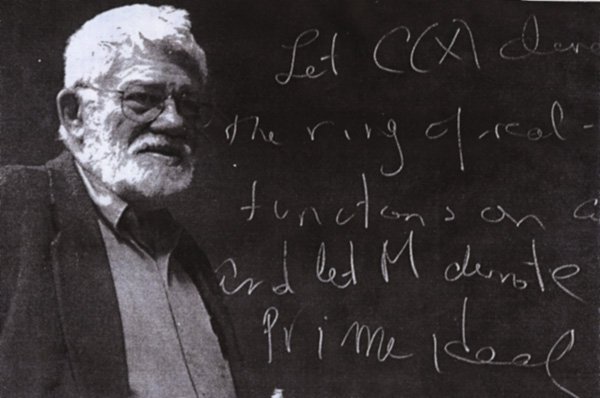Premise: If a story, then a storyteller.
Premise: A story.
Conclusion: A storyteller.

Premise: If a story, then a storyteller.
Premise: A story.
Conclusion: A storyteller.
I am not saying Christians are like coyotes. [For that, some could cut caustically to coyotes are like Christians — tricksters, roaming in the dark, feeding on the dead … ] Simply noticed — somewhat in passing, as it’s said, having attained, apparently … achieved? … some kind of state where nearly anything I hear,
Short answer: he did not. Neither did Prince Myshkin, that we know of. Likely both believed it. Beauty — in the person of Christ — will do so. And clearly D wrote of M in The Idiot to explore art and beauty and ugliness and salvation. But did he say it, and did he believe that
[Television is educational.] One Saying the same stuff over and over looks like you have different things to say. Two If you’re ever in a below-average film or streaming series, and you beat the tar out of a guy, in a house, and you gaze down in both some shock as also a certain
A line everywhere misattributed to Chesterton reads thus: The young man who rings the bell at the brothel is unconsciously looking for God. This line is not from the great [several senses of the word] man who recently celebrated his 150th birthday, but the mid-century most unmodern novelist Bruce Marshall. The words — which do
Seek and find We all need something. I need a new power cord. They need to read the Psalms. You need to shop shouting at your kids. Guy on that bus bench needs a sandwich. Two. Fellow on the couch at this Starbucks needs to stay off drugs. Woman talking to herself, petting a collie
I don’t think that quotation means what we think it means. Beauty will not save the world and anyway Dostoevsky didn’t say it and anyways he didn’t mean it neither. The line that’s led to our clichéd abuse of the idea’s akin to ‘Eskimos have 418 words for snow’ and ‘it takes 21 days to
Pig is revelation. Revealing is when what’s here is hidden then seen. It’s really many individual ones, though widely considered they’re the same, and all the individuals are related, perhaps only proximately at first, but also in ways they themselves don’t initially see. + Key is it’s here. Problem is we don’t see it. Action
Love is the only way to grasp another human being in the innermost core of his personality. No one can become fully aware of the very essence of another human being unless he loves her. By his love he is enabled to see the essential traits and features in the beloved person; and even more,
Preach the gospel at all times. If necessary, use words. Quick now — who said that? Me. Just now. Weren’t you paying attention? The saying is sometimes attributed to Francis of Assisi, most likely erroneously, as many are gleefully wont to revel in and reveal, should someone dare voice the view. To which the only
The great story is the search by the lover for the beloved. I love M. I am in love with M. [angry as well; in love and in pain, simul.] To love as Christ loves. (ask, seek, knock). God pursues. Christ stands. Spirit groans. I am he. I seek her even if she will not
(A Eucatastrophe) * Love the words, my friends. Pay attention to the words, I say. Christians don’t die One reason we know this is Jesus said it. In John’s account he told Michael: “You shall never taste or see death” (Indeed, as the Psalmist says, “taste and see that the Lord is good.”) Another reason
Don’t drive angry. And don’t drive ignorant. That’s the lesson of the Bill Murray movie, eponymous to the name of yesterday’s Punxsutawney festivities. The movie is now 20 years old, and still has an 8.1 ranking at IMDB from nearly a quarter million users. Watching the movie is a ritual now, like “Elf” or “A Christmas